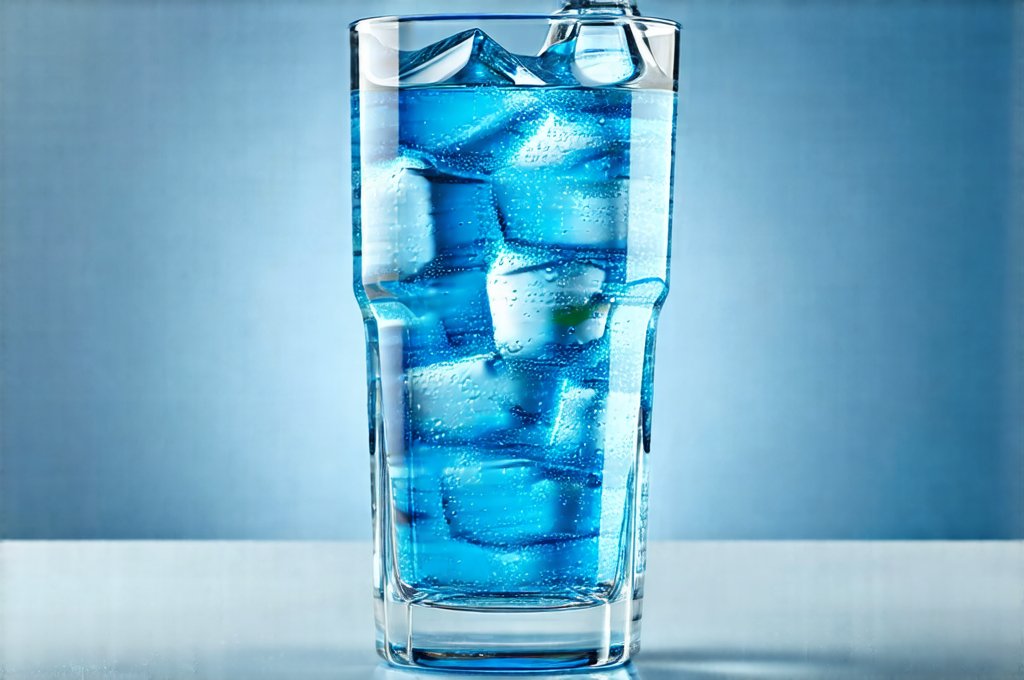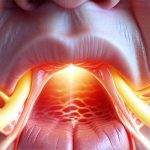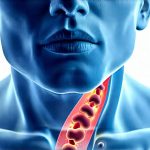Acid reflux, also known as heartburn, is a common digestive issue affecting millions worldwide. It occurs when stomach acid flows back up into the esophagus, causing a burning sensation in the chest and throat. Many individuals seek ways to manage this discomfort through dietary adjustments, lifestyle changes, and over-the-counter medications. However, seemingly innocuous beverages like carbonated water have come under scrutiny as potential triggers for acid reflux symptoms. While often marketed as a healthier alternative to sugary sodas, the effervescence of carbonated water may inadvertently exacerbate heartburn in some individuals due to its impact on gastric pressure and esophageal sphincter function. Understanding the underlying mechanisms is key to navigating this complex relationship.
The appeal of carbonated water lies in its refreshing quality and perceived health benefits – it’s calorie-free, hydrating, and often seen as a sophisticated replacement for sweetened drinks. Yet, the very characteristic that makes it enjoyable—the bubbles—is also at the heart of why it could worsen acid reflux. The introduction of carbon dioxide gas into water creates pressure within the stomach, potentially leading to increased abdominal pressure. This, coupled with the potential relaxation of the lower esophageal sphincter (LES), the muscular valve preventing stomach contents from flowing back up, can create a perfect storm for heartburn symptoms. It’s important to remember that individual experiences vary greatly; what triggers reflux in one person may not affect another.
The Role of Gas and Gastric Pressure
The core issue revolves around gastric pressure. When you consume carbonated water, you’re essentially introducing gas into your digestive system. This isn’t inherently harmful, as we all produce gas naturally through digestion. However, the rapid influx from carbonation can significantly increase the volume within the stomach. – Increased gastric volume directly translates to increased pressure. – This heightened pressure puts stress on the lower esophageal sphincter (LES). – If the LES weakens or relaxes under this pressure, it’s more likely that stomach acid will reflux into the esophagus. The amount of carbonation plays a role too; highly effervescent waters are more likely to cause problems than those with minimal bubbles. The speed of consumption also matters—drinking quickly can overwhelm the digestive system and exacerbate symptoms.
It’s not simply about how much gas is present, but also how it interacts with existing digestive processes. Individuals prone to acid reflux often have a weakened or dysfunctional LES already. Carbonated water doesn’t necessarily cause the weakness itself, but it can act as a catalyst for reflux episodes. Think of it like adding weight to an already strained structure—it’s more likely to collapse under additional load. Furthermore, bloating and distension caused by gas can contribute to discomfort and may even mimic or amplify acid reflux symptoms, making it difficult to distinguish between the two. The sensation of fullness from increased gastric volume might also contribute to a feeling of pressure in the chest, further exacerbating perceived heartburn.
Finally, consider that different individuals have varying sensitivities to gastric distension. Some people can tolerate large amounts of gas without issue, while others experience significant discomfort even with small amounts. This explains why carbonated water affects some reflux sufferers more than others. The body’s natural ability to process and eliminate gas also plays a role; those with slower digestive transit times may be more susceptible to the effects of carbonation.
Esophageal Sphincter Function & Carbonation
The lower esophageal sphincter (LES) is crucial in preventing acid reflux. It functions as a one-way valve, allowing food to pass into the stomach but resisting backflow. Several factors can compromise LES function, including certain foods, medications, and lifestyle choices. Carbonated water’s impact on the LES isn’t fully understood, but current theories suggest it may contribute in several ways. One possibility is that the increased gastric pressure caused by carbonation physically forces the LES to open or weaken temporarily. This makes it easier for stomach acid to escape into the esophagus.
Beyond physical pressure, there’s emerging research suggesting carbonated beverages might influence LES tone through neurological pathways. The vagus nerve plays a significant role in regulating digestive functions, including LES activity. Certain compounds found in carbonated water – even seemingly innocuous ones – could potentially affect vagal nerve stimulation, leading to temporary LES relaxation. This is an area of ongoing investigation, but it highlights the complex interplay between beverage consumption and esophageal health. It’s important to note that this isn’t a universal effect; many people with healthy LES function can consume carbonated water without experiencing reflux.
However, for individuals already predisposed to acid reflux due to a weakened or dysfunctional LES, even seemingly minor disruptions in sphincter tone can be enough to trigger symptoms. This is why it’s often recommended that those with chronic heartburn avoid or limit their intake of carbonated beverages. The effect isn’t always immediate; sometimes the increase in pressure and subsequent LES compromise happens gradually over time after consuming carbonated water, making it harder to pinpoint as a cause.
Identifying Your Personal Triggers
Pinpointing specific triggers for acid reflux is often a process of elimination. Keeping a food diary can be incredibly helpful. – Record everything you eat and drink, noting the time of consumption. – Track any associated symptoms, including when they occur, their severity, and duration. – Look for patterns between what you consume and your heartburn episodes. This isn’t about eliminating entire food groups; it’s about identifying which foods or beverages consistently trigger your reflux and adjusting your diet accordingly. Carbonated water should be included in this assessment.
Consider experimenting with different types of carbonated water. Some brands have higher levels of carbonation than others, and some contain added minerals that might exacerbate symptoms for certain individuals. Also pay attention to the temperature; colder beverages can sometimes worsen reflux due to their effect on esophageal sensitivity. If you suspect carbonated water is a trigger, try switching to still water or herbal teas as alternatives. It’s also important to assess when you’re consuming carbonated water. Drinking it with meals might be more problematic than drinking it between meals, as the combination of food and gas can increase gastric pressure even further.
Finally, remember that stress can significantly impact acid reflux symptoms. Stress often leads to increased stomach acid production and can disrupt LES function. Managing stress through relaxation techniques like deep breathing exercises or yoga can help mitigate reflux episodes, regardless of dietary factors.
Alternative Hydration Strategies
If you find carbonated water consistently worsens your acid reflux, there are numerous alternatives available to stay hydrated. Still water remains the gold standard for hydration – it’s readily available, inexpensive, and doesn’t contain any ingredients that could trigger heartburn. Infusing still water with fruits or herbs like cucumber, lemon, or mint can add flavor without introducing carbonation. Herbal teas, such as chamomile or ginger tea, can also be soothing options, although some individuals may find certain herbal teas worsen their reflux.
Electrolyte-rich beverages, like coconut water, can help replenish fluids and minerals lost through sweat, but choose unsweetened varieties to avoid added sugars that could potentially contribute to digestive issues. Diluted fruit juice (e.g., cranberry or apple juice) can be another option, but limit your intake due to the sugar content. When choosing beverages, prioritize those with low acidity and minimal additives. Avoid citrus juices, caffeinated drinks, and alcoholic beverages, as these are known triggers for acid reflux in many people.
Lifestyle Modifications & Reflux Management
Beyond dietary adjustments, several lifestyle changes can help manage acid reflux symptoms. – Maintain a healthy weight: Excess weight puts pressure on the abdomen, increasing the risk of reflux. – Elevate the head of your bed: This helps prevent stomach acid from flowing back up into the esophagus while you sleep. – Avoid eating large meals: Smaller, more frequent meals are easier to digest and less likely to trigger heartburn. – Don’t lie down immediately after eating: Allow at least 2-3 hours for digestion before lying down. – Limit alcohol consumption: Alcohol relaxes the LES, increasing the risk of reflux. – Quit smoking: Smoking also weakens the LES and increases stomach acid production.
It’s essential to consult with a healthcare professional if your acid reflux is frequent or severe. They can help determine the underlying cause of your symptoms and recommend appropriate treatment options, which may include over-the-counter medications like antacids or proton pump inhibitors (PPIs). However, relying solely on medication isn’t a long-term solution; lifestyle modifications and dietary changes are crucial for sustainable reflux management. Remember that everyone is different, so finding what works best for you requires experimentation and personalized strategies. If you suspect food sensitivity may be a factor, further investigation could prove helpful. Many find relief through an easy meal plan, while others benefit from a more structured GERD diet plan. Understanding the effect of carbonated beverages is a great starting point, but don’t discount how alcohol on certain diets can also play a role. Finally, be mindful of sugar fueling energy, as it too can contribute to digestive upset. Consider incorporating juices for relief into your diet, but always monitor how your body responds.


















